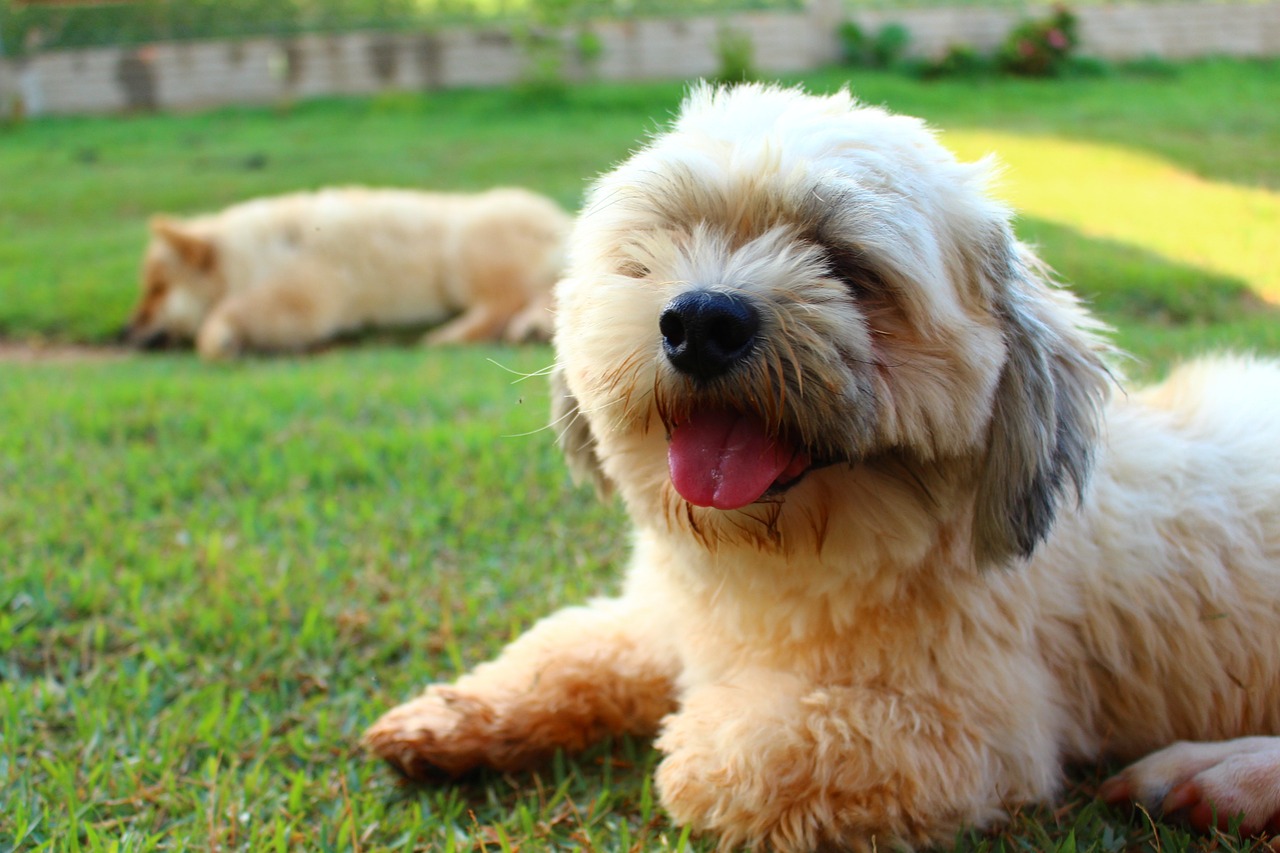The Lhasa Apso, a small but ancient breed originally from Tibet, is known for its distinctive long, flowing coat and assertive personality. These dogs, once guardians in Tibetan monasteries, are now popular pets worldwide. Apartment dwellers often wonder if a Lhasa Apso can adapt to living in a smaller, confined space. This article explores the suitability of Lhasa Apsos for apartment living, considering their unique temperament, space requirements, exercise needs, grooming, and overall care.
1. Understanding the Lhasa Apso’s Temperament
a. Independent and Alert Nature
Lhasa Apsos are known for their independent, confident, and sometimes aloof temperament. They were bred as sentinel dogs, which is evident in their alert and watchful nature. This independence means they can often entertain themselves, a trait beneficial in an apartment setting.
b. Companionship and Socialization
Despite their independent streak, Lhasa Apsos are loyal to their families and enjoy companionship. They can be wary of strangers, making early socialization crucial. Proper socialization ensures they are well-adjusted and comfortable in various environments, including the diverse setting of an apartment complex.
2. Space and Living Environment
a. Size and Space Adaptability
Lhasa Apsos are small dogs, typically weighing between 12 to 18 pounds. Their size makes them well-suited for apartment living. However, they still require enough space to play and move comfortably to stay happy and healthy.
b. Creating a Comfortable Apartment Space
It’s important to provide a dedicated space for your Lhasa Apso in an apartment. This includes a comfortable bed, access to water, and toys. Given their history as indoor watchdogs, they appreciate having a spot to observe their surroundings.
3. Exercise and Stimulation Needs
a. Physical Exercise Requirements
Lhasa Apsos do not require extensive physical exercise but do need regular activity to maintain their health. Short daily walks and playtime within the apartment are usually sufficient to meet their exercise needs.
b. Mental Stimulation
Mental stimulation is crucial for Lhasa Apsos. They enjoy puzzle toys, interactive games, and training exercises. Keeping their mind engaged is essential, especially in an apartment setting where space for physical activity might be limited.
4. Grooming and Health Care
a. Grooming Needs
One of the most notable features of the Lhasa Apso is its long, luxurious coat, which requires regular grooming. This includes daily brushing to prevent tangles and matting, and regular baths. Good grooming is essential in an apartment to maintain cleanliness and the health of the coat.
b. Health Considerations
Lhasa Apsos are generally a healthy breed but can be prone to specific issues like eye problems and skin allergies. Regular veterinary check-ups and a proper diet are essential. In an apartment, pay special attention to dental hygiene and weight management.
5. Training and Behavior Management
a. Obedience Training
Despite their small size, Lhasa Apsos have a strong personality and benefit from early obedience training. Teaching them basic commands and house manners is essential for harmonious apartment living.
b. Handling Their Independent Streak
The independent nature of Lhasa Apsos can sometimes be mistaken for stubbornness. Consistent, patient, and positive training methods are effective. Establishing rules and boundaries is essential for living peacefully in an apartment.
6. Social and Environmental Considerations
a. Noise and Barking Management
Lhasa Apsos can be vocal, especially if they perceive a threat to their territory. Training to manage barking is essential in an apartment setting. Ensuring they are well-exercised and mentally stimulated can also help reduce excessive barking.
b. Adaptation to Apartment Life
Lhasa Apsos can adapt well to apartment living with adequate attention and stimulation. They enjoy being part of daily activities and can adjust to the routine of apartment life. However, they may need time to adapt to the sounds and sights of apartment living.
Conclusion
Lhasa Apsos can live in an apartment, provided their physical and emotional needs are adequately met. Understanding their unique temperament, ensuring regular exercise and mental stimulation, and committing to regular grooming and health care are key to a happy and healthy life for the dog and the owner. With the right care, a Lhasa Apso can be a delightful and loyal companion in any apartment home.

 Toledo, United States.
Toledo, United States.